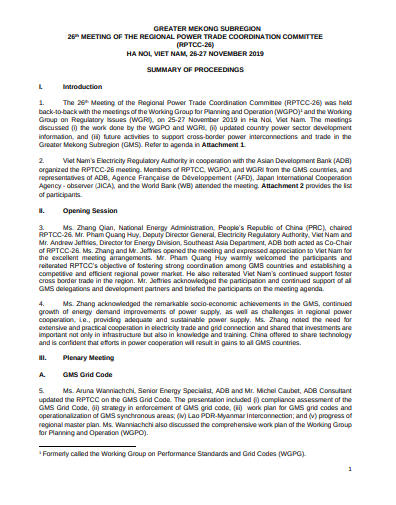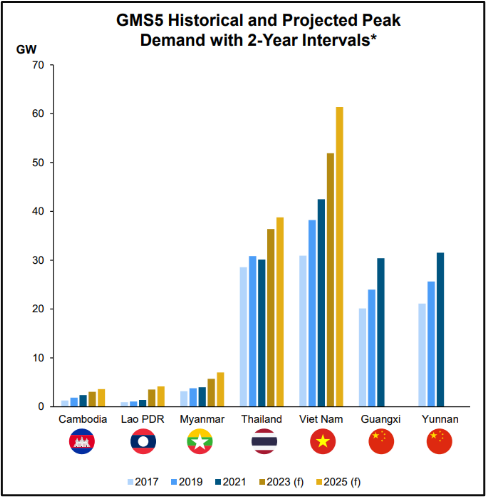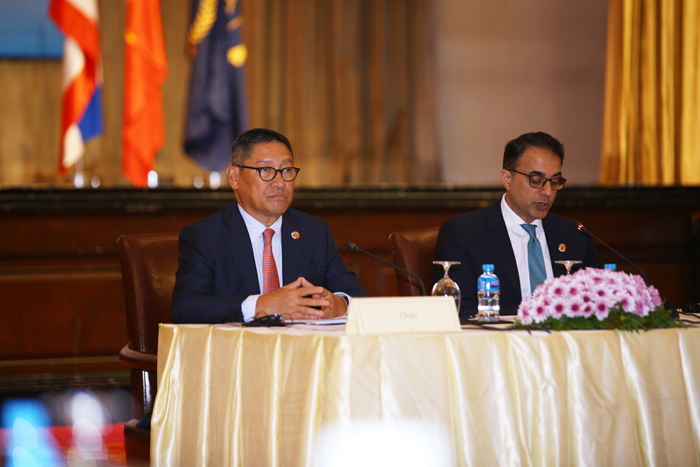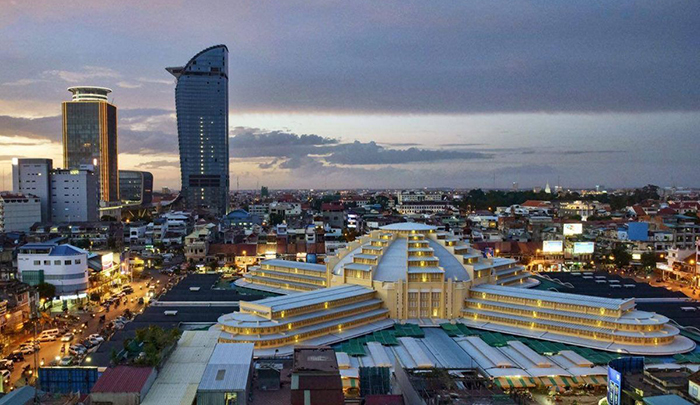Heads of GMS country delegations participate in the 23rd GMS Ministerial Conference. Standing from left are Mr. Vu Dai Thang, Deputy Minister, Ministry of Planning and Investment, Viet Nam; Mr. Aung Htoo, Deputy Minister, Ministry of Commerce, Myanmar; Ms. Cheng Lihua, Vice Minister, Ministry of Finance, PRC; Mr. Sok Chenda Sophea, Minister attached to the Prime Minister, Minister in charge of GMS Cooperation Program/GMS Minister, Secretary General, Council for the Development of Cambodia; Mr. Viengsavath Siphandone, Deputy Minister, Ministry of Public Works and Transport, Lao PDR; Mr. Thaworn Senneam, Deputy Minister, Ministry of Transport, Thailand; and Mr. Ahmed M. Saeed, Vice President for ADB Operations in the Southeast Asia Department, the East Asia Department, and the Pacific Department. Photo by ADB.










